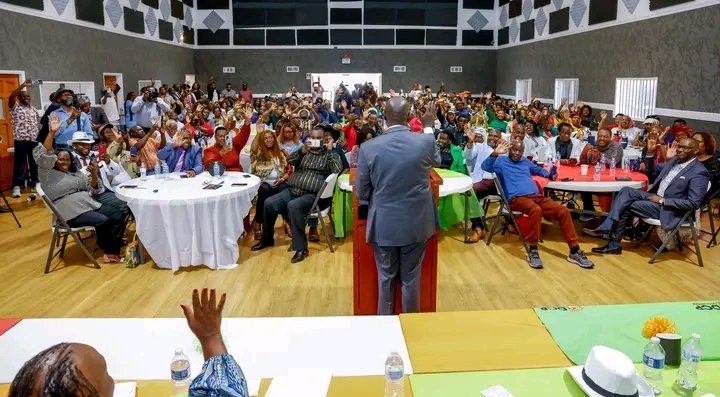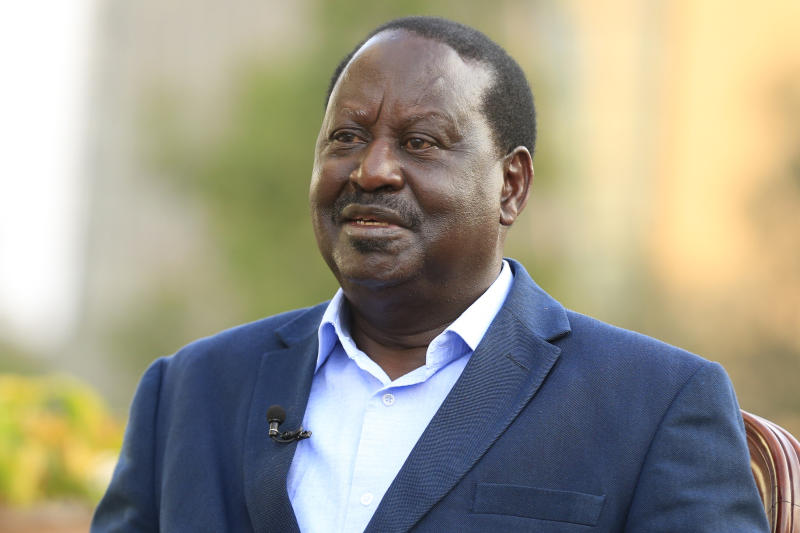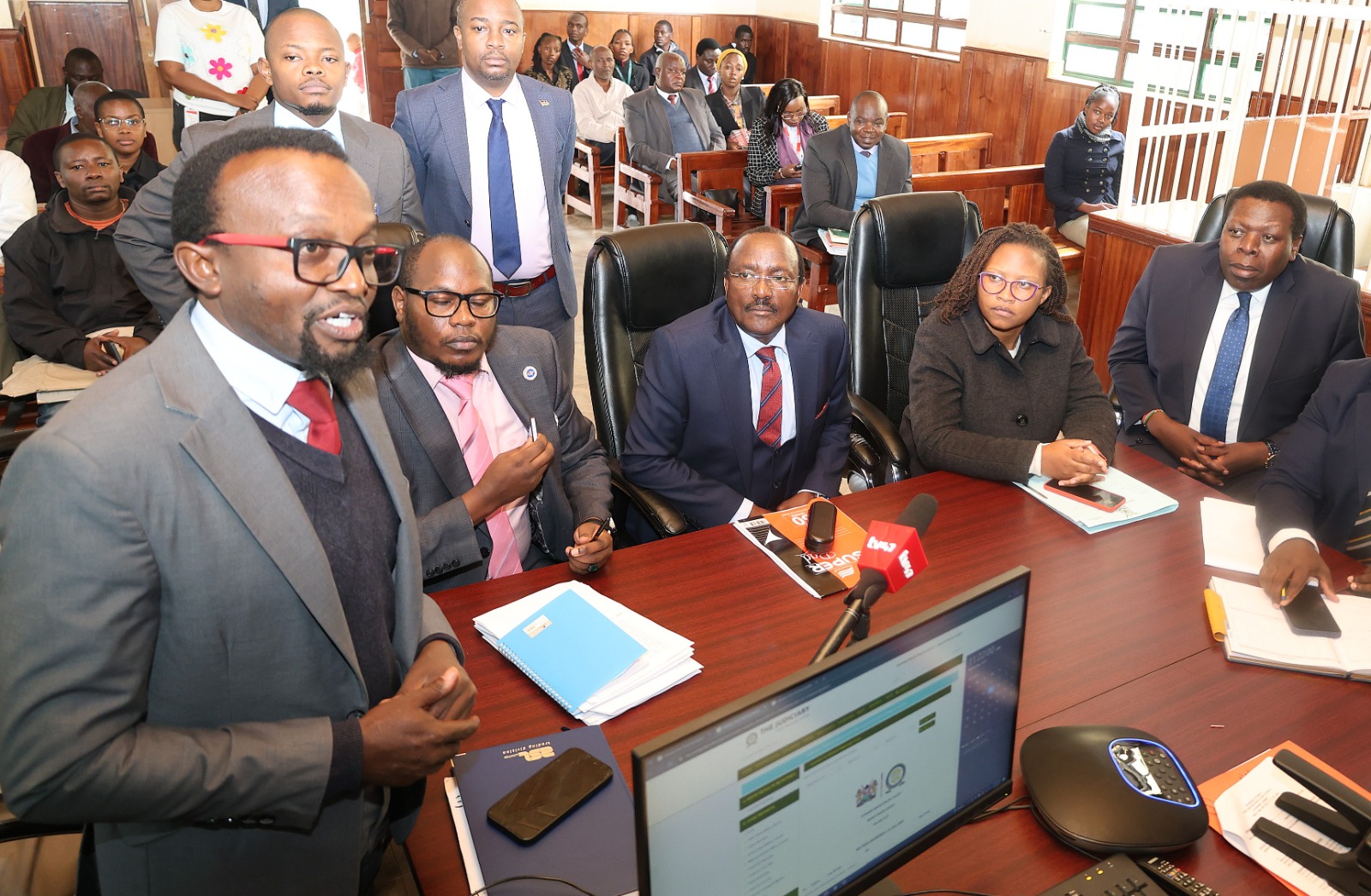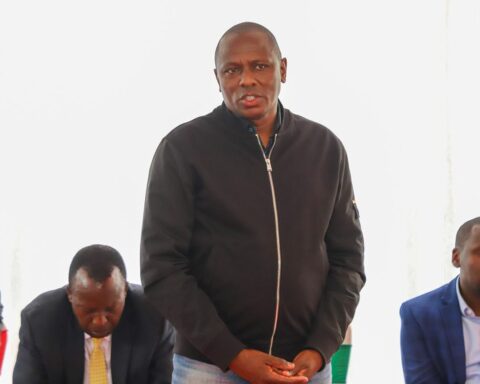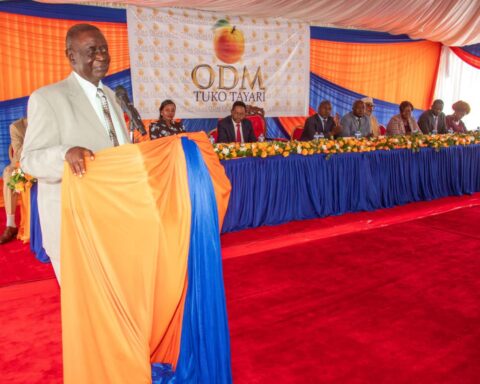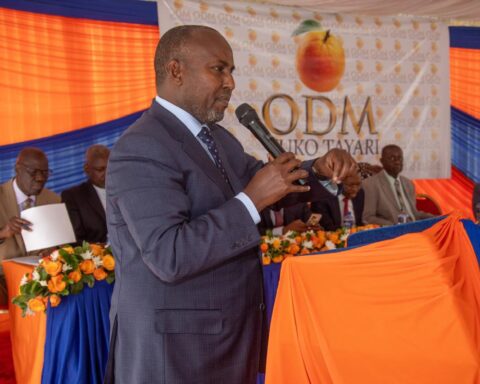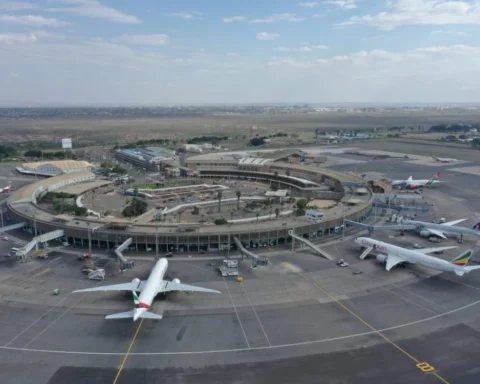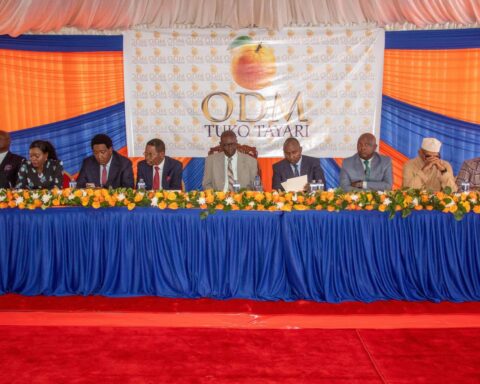Rigathi Gachagua has ignited a firestorm of criticism during his U.S. tour by resurrecting divisive tribal rhetoric that many thought he’d left behind in Nairobi.
Addressing the Kenyan diaspora in Seattle on July 11, Gachagua’s remarks, laced with references to tribal affiliations and pointed jabs at political rival Raila Odinga, have drawn sharp rebuke from Kenyans and observers alike. Social media platforms, particularly X, are ablaze with reactions slamming the former deputy president for exporting Kenya’s toxic tribal politics to a country where such divisions are alien and unwelcome.
Gachagua, who arrived in Seattle on July 10 to kick off a two-month U.S. tour, was expected to rally the diaspora around a reform agenda for his Democracy for the Citizens Party (DCP) ahead of the 2027 Kenyan elections. Instead, clips circulating online show him leaning into familiar tropes, accusing Odinga of rallying “other tribes” against the Mount Kenya region, a voting bloc he claims to represent. “He can’t even talk about investment or invite investors to Kenya,” one X user fumed. “All he does is meet his tribesmen and talk tribes.” Another post mocked, “People in the USA are hearing him mention tribes and they’re like, ‘What are those?’”
The backlash is fierce and unrelenting. Kenyans on X have called out Gachagua’s rhetoric as not just outdated but embarrassing on an international stage. “USA is a country that’s moved past tribalism—they only read about it in African news,” one user posted. “For him to go there and spew this nonsense shows a lack of wisdom.” Another added, “He’s a tribal lord who sees everything through one tiny window. Gachagua is worse than any politician Kenya has ever seen.” The sentiment is clear: in a nation like the U.S., where diversity is celebrated but tribalism is a foreign concept, Gachagua’s rhetoric is a jarring misstep.
Critics argue that Gachagua’s focus on tribal divisions undermines the diaspora’s efforts to project a unified Kenyan identity. “They want to know how their remittances can build Kenya, not hear about his village grudges,” one X user wrote, referencing the diaspora’s significant economic contributions.
In 2024, remittances to Kenya hit $4.2 billion, a lifeline for the economy, yet Gachagua’s speeches have barely touched on such pressing issues. Instead, his comments hark back to the divisive politics that led to his October 2024 impeachment, when he was accused of inciting ethnic tensions and undermining President William Ruto’s government.
The timing of Gachagua’s remarks is particularly sensitive. Kenya is still healing from the violent protests of June 25, 2024, when young people, frustrated by economic hardship and governance failures, clashed with police. Gachagua, then deputy president, was criticized for his role in the government’s heavy-handed response. “He was second-in-command when our kids were killed,” one X post read. “Now he’s in the U.S. blaming Raila instead of owning up.” Another user quipped, “When goons loot shops, he says the government sent them. When the government says shoot to kill, he says our kids are being murdered. Who’s fooling who?”
Gachagua’s U.S. audience, described as a “judging crowd” on X, reportedly received his remarks with polite silence rather than the clapping and laughter he might expect at home. “Hapa ni Yues,” one user posted, implying that the U.S. diaspora, accustomed to a merit-based society, has little patience for his brand of politics.
The contrast is stark: while Gachagua frames himself as a champion of the Mount Kenya region, his critics see him as a relic of Kenya’s divisive past, incapable of articulating a vision for a united nation.
Political analysts are equally scathing. “Gachagua’s rhetoric is a masterclass in self-sabotage,” said Dr. Lucy Kariuki, a Nairobi-based political commentator. “The diaspora wants solutions—jobs, investment, stability—not a rehash of tribal grudges. He’s alienating the very people he needs for 2027.” Others note that his focus on tribalism risks tarnishing Kenya’s image abroad, especially in a country like the U.S., where ethnic divisions are not a political currency.
As Gachagua continues his tour, with stops planned in Dallas, California, Boston, and Baltimore, the question looms: will he pivot to a message of unity and progress, or double down on the divisive tactics that cost him his office?
For now, the Kenyan diaspora and observers back home are united in their verdict: Gachagua’s tribal politics have no place in a world that’s moved beyond them. “He’ll realize quickly,” one X user warned, “the U.S. isn’t Wamunyoro.”
